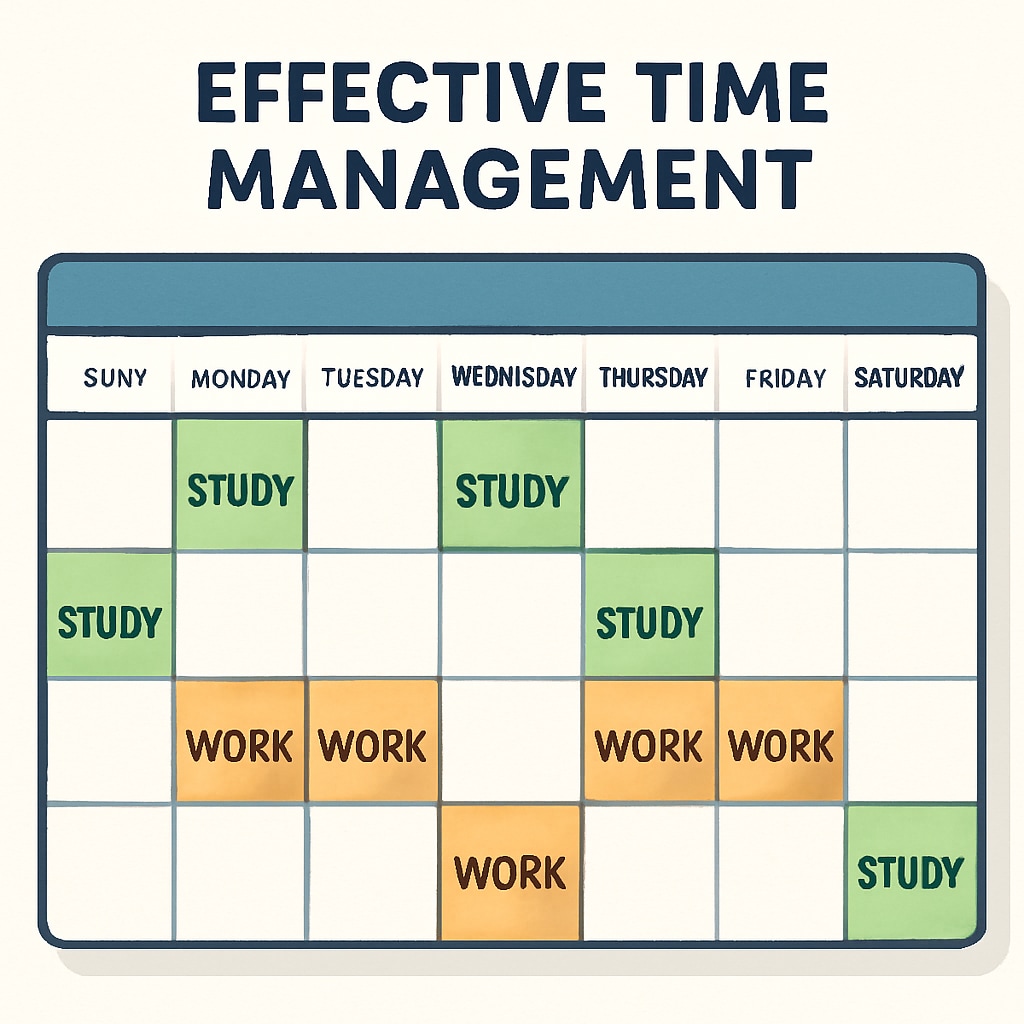For many professionals, achieving career stability often sparks a desire to pursue higher education, such as a master’s degree. While the ambition to advance one’s career through further education is commendable, it frequently comes with the challenge of managing time effectively. Balancing a full-time job, family responsibilities, and academic commitments can feel like an insurmountable task. However, with strategic planning and the right mindset, it is possible to overcome these obstacles and achieve both career growth and academic success.
Why Pursue a Master’s Degree Mid-Career?
In today’s competitive job market, a master’s degree has become more than just a qualification; it’s a gateway to specialized knowledge and enhanced career opportunities. For mid-career professionals, the pursuit of higher education often stems from the need to stay relevant in their fields, pivot to new industries, or qualify for leadership roles. According to a study published by Britannica on higher education, advanced degrees can significantly increase earning potential and job stability.
However, this pursuit is not without its challenges. Professionals often find themselves questioning whether the benefits of higher education outweigh the sacrifices of time, energy, and sometimes financial investment. This internal conflict is particularly pronounced for those juggling demanding work schedules and personal obligations.

Time Management: The Key to Balancing Work and Study
Time management is arguably the most critical skill for professionals pursuing a master’s degree. Without a clear strategy, the demands of work and study can quickly lead to burnout. Here are some practical tips for effective time management:
- Create a detailed schedule: Allocate specific blocks of time for work, study, and personal life. Tools like Google Calendar or Trello can help you plan and stay organized.
- Set realistic goals: Break your academic workload into manageable tasks. For example, aim to complete one chapter or assignment per week instead of overwhelming yourself with larger targets.
- Leverage weekends: Use weekends to focus on intensive study sessions or to catch up on coursework.
- Learn to say no: Politely decline additional work responsibilities or social invitations that interfere with your academic goals.
- Take advantage of online programs: Many universities now offer flexible online master’s programs, which allow students to learn at their own pace.
By implementing these strategies, professionals can create a sustainable routine that accommodates both their career and education.

Overcoming the “Time Trap”
The “time trap” refers to the belief that there is never enough time to pursue higher education while working full-time. However, this mindset can be overcome with a shift in perspective and careful prioritization. For instance:
- Focus on long-term benefits: While the short-term sacrifices may feel significant, the long-term rewards of a master’s degree—such as career advancement and personal growth—often outweigh these challenges.
- Seek support: Communicate with your employer about your academic goals. Some companies offer tuition reimbursement or flexible work arrangements to support employees’ educational pursuits.
- Build a support network: Share your journey with family and friends, who can provide encouragement and help with responsibilities during busy periods.
By addressing the “time trap” with proactive solutions, professionals can transform their educational aspirations into achievable goals.
Is a Master’s Degree Worth the Effort?
For many professionals, the answer is a resounding yes. A master’s degree not only enhances job prospects but also fosters personal development and a deeper understanding of one’s field. According to Wikipedia’s overview of master’s degrees, graduates often report increased job satisfaction and confidence in their expertise.
However, it’s essential to evaluate whether the degree aligns with your career goals. Before enrolling, consider the following questions:
- Will this degree help me achieve my professional aspirations?
- Does my industry value advanced education?
- Can I realistically manage the workload alongside my current responsibilities?
By carefully assessing these factors, professionals can make informed decisions about pursuing higher education.
In conclusion, balancing a master’s degree with a stable career is undoubtedly challenging, but it is also deeply rewarding. With effective time management and a clear focus on long-term goals, professionals can successfully navigate this journey and emerge with enhanced skills, knowledge, and opportunities.
Readability guidance: The article maintains concise paragraphs, frequent use of lists, and an even distribution of transition words to ensure clarity. Passive voice and long sentences are minimized, ensuring a professional yet accessible tone.


